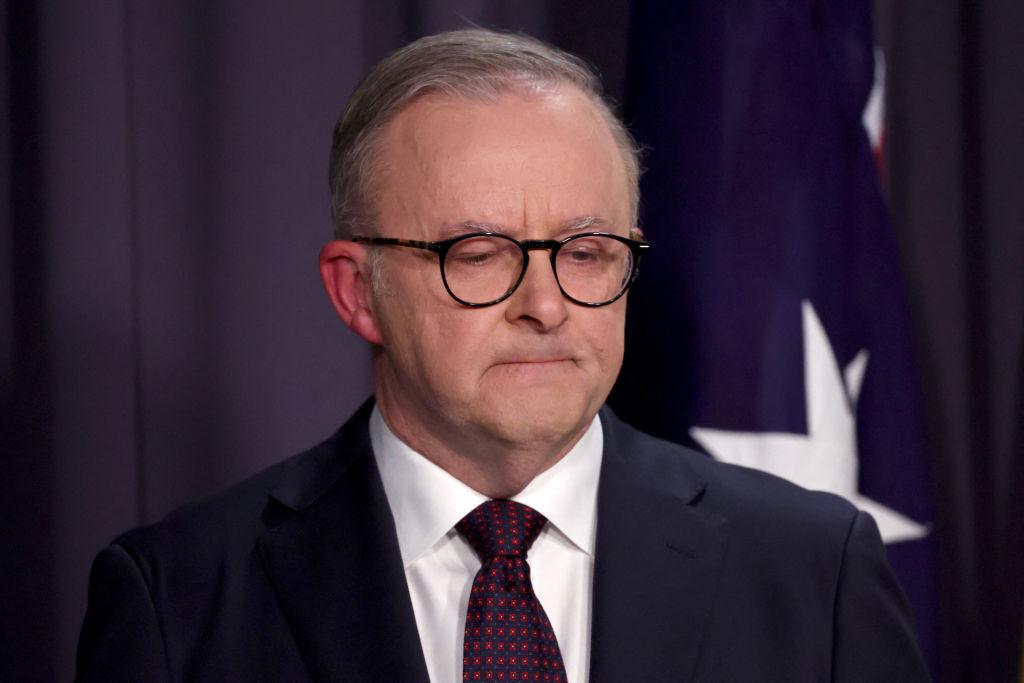A senior analyst at the Australian Strategic Policy Institute (ASPI) has urged the Albanese government to drop its objective of “stabilising” relations with Beijing.
In an opinion piece titled “Australia’s ‘softly, softly’ approach leaves China holding the big stick,” Euan Graham argued that Canberra needs to avoid over-emphasising a “relationship-building approach towards China,” especially one “centred on personal diplomacy between Albanese and Xi Jinping,” as it undermines Australia’s national interest.




